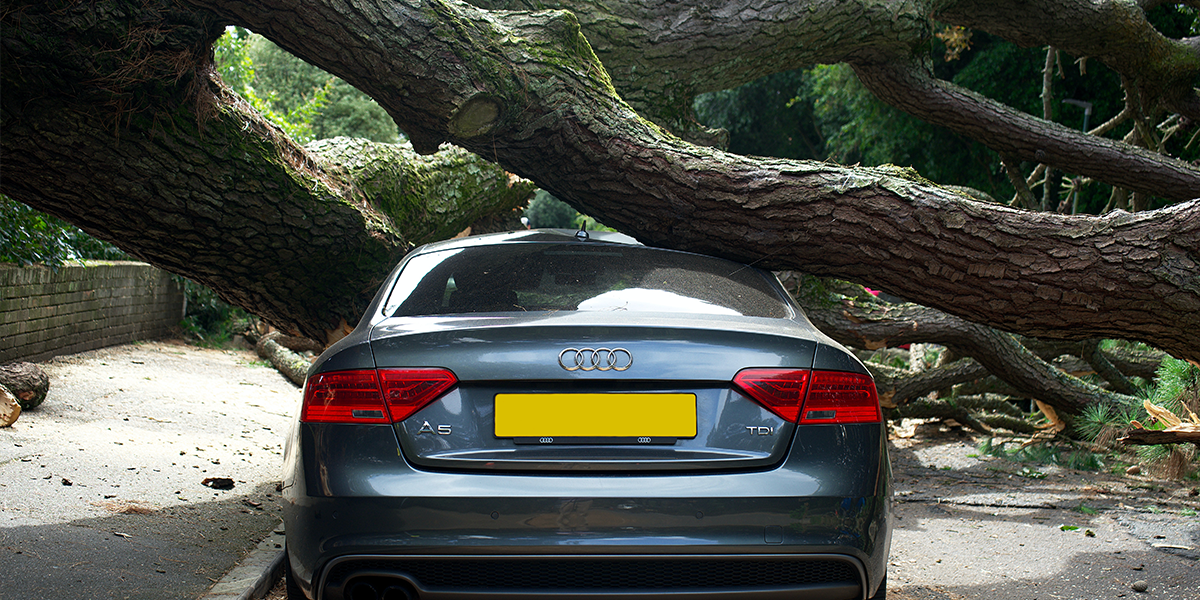Car insurance presents one of the best opportunities to save, with healthy competition between providers working in the favour of motorists. It does take a little groundwork, which is why we’ve put together an insider’s guide covering everything you need to know about how to save money on car insurance.
How much does the average Brit pay for car insurance?
According to the Association of British Insurers, the average motorist spends more than £400 per year on car insurance. Premiums can vary enormously depending on the type of car you drive, as well as your preferred excess. One thing’s for sure, there’s definitely room for improvement. Below we list the top strategies for how to save money on car insurance:
Drive a less powerful car
We get it. It can be very tempting to get behind the wheel of powerful cars like the Mazda MX-5, BMW M3 and Lexus LC Convertible. Even hatchback drivers enjoy serious horsepower thanks to models like the BMW M135i and Audi S3 Sportback. If you’re on a budget, models like the Ford Focus RS promise serious power, without an eyewatering price tag. That said, insuring powerful cars does come at a cost. This is because most insurers factor in how powerful your car is when putting together a policy. Generally, cars with more power are more expensive to insure.
Understand insurance groups
Most insurers assess applicants based on a variety of factors, then place them in one of around 50 groups. The power of the model is one of the most important factors used to categorise applicants, however other factors such as age, average cost of parts and repairs, safety features, security and bumper compatibility also come into play.
A rating panel fronted by organisations such as the Lloyds Market Association, Association of British Insurers and Thatcham Research sets the standards for each group. Driving a car that falls into one of the lower groups is a guaranteed way to save on vehicle insurance. For example, models like the Citroën C1, Fiat Panda and Hyundai i10 fall into Group 1 as they have small engines, readily available parts and are inexpensive to purchase new.
Higher up the scale in Group 10 are models like the Mercedes-Benz A-Class and Ford Focus C-Max. At the highest end of the scale, you’ll see luxury, ultra-powerful models like the Audi A6 and Alfa Romeo Stelvio. Motorists can expect to pay big premiums as vehicles of this calibre are fast and expensive.
So, you can save money on car insurance simply by driving a car that falls into a lower group. If you’re in the market for a new car or are considering switching to a less powerful model, get started and use our calculator to get a car finance quote in minutes.
Consider your no-claims discount
Insurers reward policyholders for safe and responsible driving. Unfortunately, this also means you may be better off paying out of pocket for small issues like fixing a scratch or replacing a broken window. This is because the cost of making a claim and forfeiting your no-claims discount may be higher than covering repairs yourself. It’s not always the case but it’s worth keeping in mind.
It’s always best to crunch the numbers and chat to your insurer before making a claim. They can help you decide what the best move is in terms of how to save money on car insurance.
Put less miles on the odometer
When it comes to saving on car insurance, driving less is one of the best ways to bring down your premium. Insurers assume that the less you drive, the lower the risk of a claim.
Opt for fully comprehensive cover
Insurance companies are smart and love to factor trends and patterns into their decision making process. Often, opting for a higher level of cover such as fully comprehensive will cost less than alternatives like third party only or third party plus fire and theft. This is because insurers know that people who choose low-coverage policies often make more claims. So, when browsing car insurance deals, it’s always best to compare fully comprehensive cover with other options.
Pay an annual premium
If you can afford to cover the cost of an annual premium, you could unlock great savings compared to monthly payments. You’ll sidestep the interest that insurers often build into monthly payment plans which can translate to significant savings.
Consider skipping extras
Many insurers tempt motorists with extras like windscreen coverage and the use of courtesy cars during repairs. These types of extras are convenient but can come at a cost. If you’re wondering how to save money on car insurance, skipping extras can be a savvy move.
As we mentioned earlier, many motorists find that the cost of making a claim for a minor issue like a cracked windscreen isn’t worth losing the benefits of a no-claim bonus. If this is the case, extras that cover minor issues may not be worth it. The best thing to do is assess your insurance policy carefully and decide what you really need.
How much can I expect to save on car insurance?
Using a combination of the above strategies, the average motorist can expect to save anywhere from £50 to £300 pounds on car insurance. Of course, there are no guarantees and the policies you’re eligible for will ultimately determine how much you can save on car insurance.
Want to know more about how to save money on car insurance? Give us a call today to chat to a friendly and experienced team member about unlocking savings. Every pound counts, and we’re here to help you get the absolute most out of your insurance policy. Get in touch by email or give us a call on 01246 458 810 to find out more about how to save money on car insurance.








